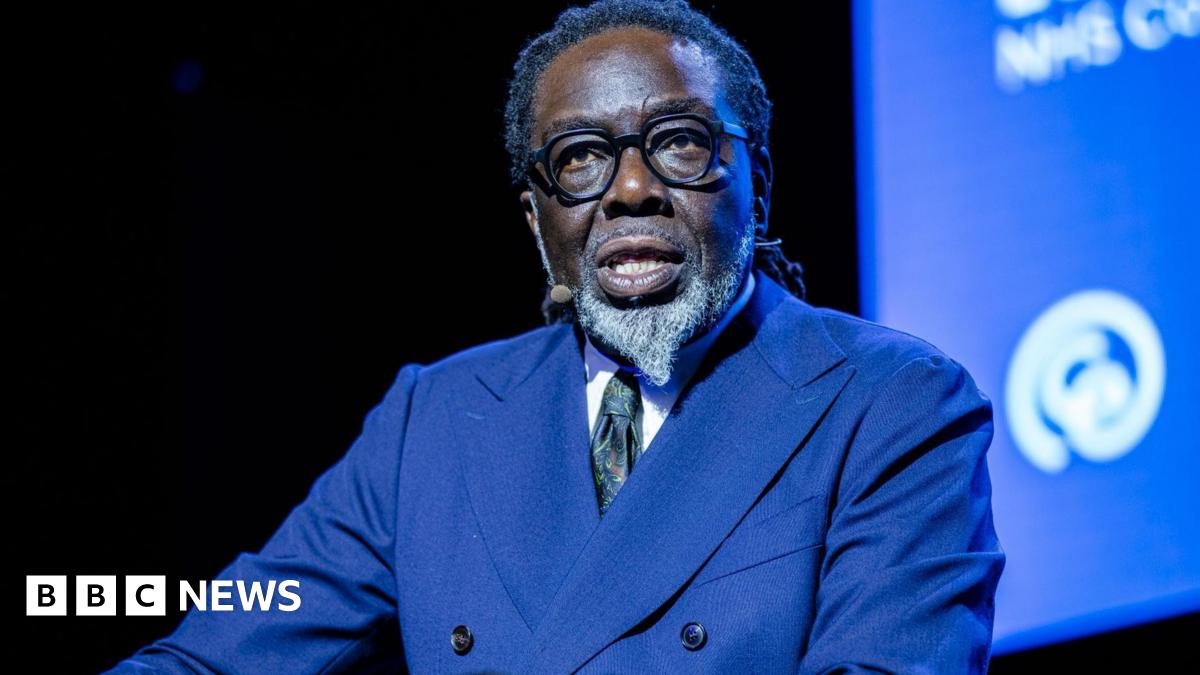NHS Fails Again: Leading Figure Reveals Mother's Death Highlighted Racial Disparities in Healthcare

A stark and deeply personal critique of the UK's National Health Service (NHS) has emerged from an unexpected source: Lord Victor Adebowale, a prominent leader within the organization. In a powerful statement, Adebowale, chair of the NHS Confederation, revealed that his mother, Grace, experienced a profoundly inadequate level of care before her death, alleging she received a "black service, not an NHS service." This heartbreaking revelation underscores the persistent issue of racial disparities within the NHS and has ignited a renewed call for urgent reform.
Adebowale's testimony isn't merely a familial grievance; it's a damning indictment from within the very system he leads. He described his mother's final days as "undignified," painting a picture of neglect and systemic failings that disproportionately impacted her due to her race. While details of Grace's specific treatment remain private, Adebowale's public statement carries immense weight, forcing the NHS to confront uncomfortable truths about its commitment to equitable care for all.
The issue of racial bias in healthcare is not new. Numerous reports and studies have documented disparities in access, diagnosis, and treatment outcomes for Black and minority ethnic (BME) communities in the UK. Factors contributing to these inequities include unconscious bias among healthcare professionals, cultural barriers, language difficulties, and a lack of representation within the NHS workforce. The COVID-19 pandemic further exposed these vulnerabilities, with BME individuals experiencing significantly higher rates of infection and mortality.
Adebowale's courageous decision to speak out is expected to fuel the ongoing debate about how to dismantle systemic racism within the NHS. Experts suggest a multi-faceted approach is needed, including:
- Mandatory anti-racism training for all NHS staff: This training should go beyond awareness-raising and focus on practical strategies to mitigate bias in clinical decision-making.
- Increased diversity within the NHS workforce: Recruiting and retaining more BME healthcare professionals is crucial for fostering cultural competence and ensuring patients feel understood and respected.
- Data collection and analysis: Robust data collection on ethnicity and health outcomes is essential for identifying disparities and tracking progress towards equity.
- Patient advocacy and engagement: Empowering patients to report instances of discrimination and actively involving BME communities in the design and delivery of healthcare services.
- Independent reviews and investigations: Establishing independent mechanisms to investigate complaints of racial bias and ensure accountability.
Lord Adebowale’s personal tragedy serves as a potent reminder that words alone are not enough. Meaningful change requires a fundamental shift in attitudes, policies, and practices within the NHS. His call for action is a challenge to the entire healthcare system to prioritize equity and ensure that every patient, regardless of their background, receives the high-quality, dignified care they deserve. The conversation sparked by his mother’s story is a vital step toward a more just and equitable healthcare system for all.






